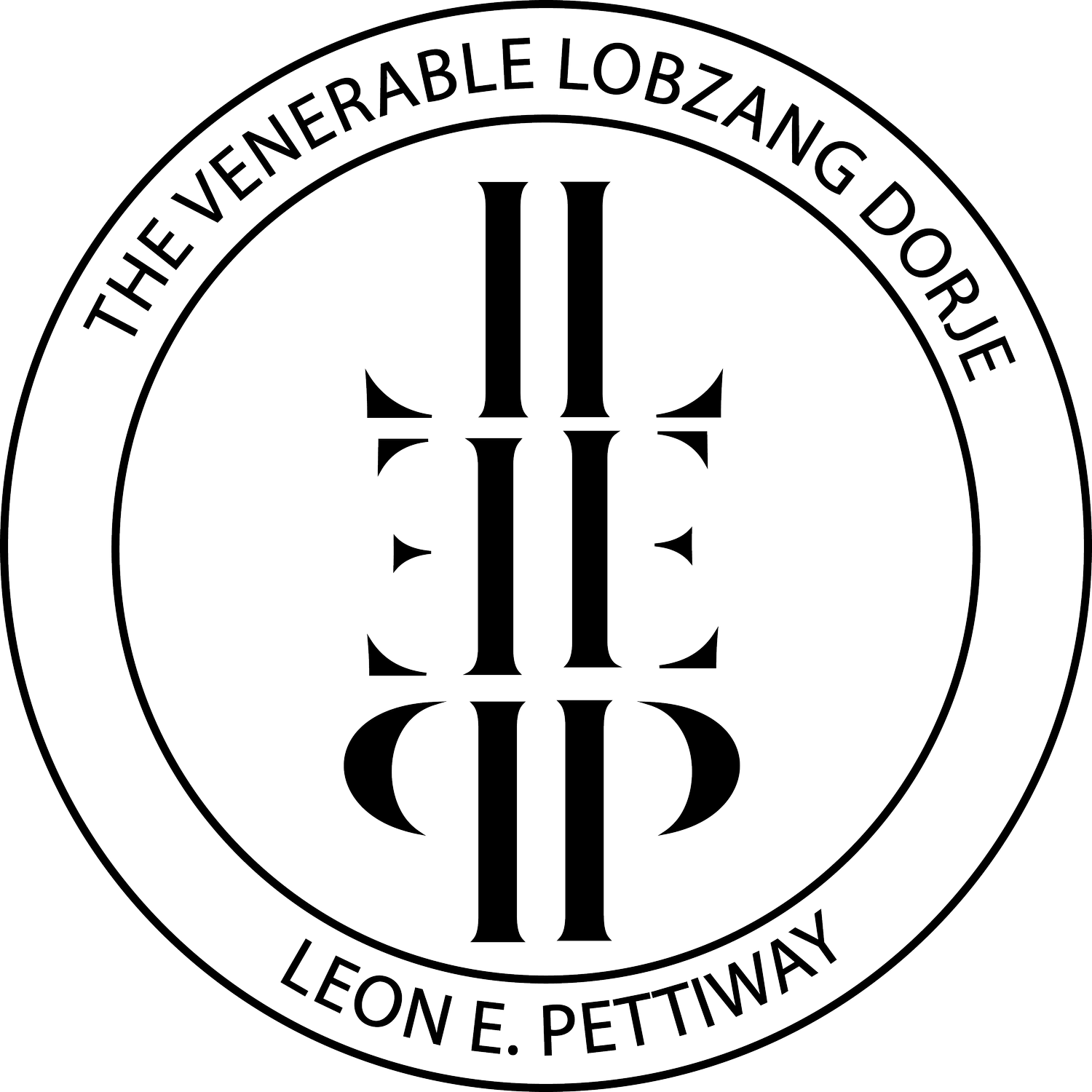Suleimān’s Psalm
A NOVEL
COMING WINTER 2026
Suleimān’s Psalm
A NOVEL
Book Two in the New Harmony Series
The unvoiced lyrics in Bach’s Arioso, played on the cello by Jonas Starker on the cello, were the seeds for Suleimān’s Psalm. As such, music frames the manuscript and the cello is an important character. Since music is the primary organizing principle, rhythms erupt in the rhyme, the slang, and the cadence that mark urban life in one of Philadelphia’s African-American communities.
The New Harmony Series considers the play of contradiction and nuance and flirts with what is real and what is imaginary. Suleimān’s Psalm is the connective tissue that bridges Books One and Three. Nate Demmings from Book One provides that connection by giving the answers to some of the secrets left unrevealed in New Harmony. However, at the conclusion of Suleimān’s Psalm, Nate sets the stage for Book Three, the final book in the series, because there is more to reveal.
Suleimān’s Psalm’s primary thematic thrust centers on the dichotomous play of ignorance and wisdom embedded in the contradictions that frame culture and ethics. Unlike the first book in the New Harmony series, the language in Suleimān’s Psalm is urban and raw. The use of such language has either the power to liberate or condemn, and its usage directs the reader to consider that the judgments they make about the text, as well as the actions performed by the characters, only reflect the contrivances of their minds and thoughts.
While the primary theme is wisdom and the manner in which wisdom reveals itself through the sights and sounds found in everyday existence, everything in Suleimān’s Psalm has a voice and is filled with magic and mysticism. Ammeah, an anointed and Ascended Master, appears out of the ether to protect and guide Miss Jessie, Miss Floreen, Miss Clara, and Miss Ida Mae, women who live out their lives on Greene Street. Flowers are not lifeless, without voice or presence. Even tin cans tap and rattle to the sound of the wind. The rain has a rhythm and a voice, the weather, with its tumultuous winds, announces the approaching violence, and humans communicate—objects are often never what they appear to be on the surface. Suleimān’s Psalm has a musicality that comes not only from the cello’s music, expressed as lyrics and poetic verses and rhythm, but also from various musicians who inspired scenes in the manuscript. James Earl Hooker’s and his “I’m Bad Like Jessie James” resulted in the Blues of Chapter 15, Sur: Regreso Al Amor, Fugata, and Milonga del Angel inspired the street scene in the Barrio in Chapter 20, when June Bug ventures into the Latino section of North Philadelphia, and Bachianas Brasilerias No.5 (Äria) inspires June Bug’s rhythmic assault through the barrio in Chapter 21. The manuscript, with its accompanying Song Book, has the potential to be adapted for the stage and as a dramatic Hollywood depiction of urban life.
Suleimān’s Psalm accentuates the slang of urban life as an attempt to contrast and integrate it with more formal and acceptable speech. The use of slang also highlights the selective judgments people make about situations and people they encounter based upon the sounds they hear and images they perceive—what these sights and sounds mean from the person’s cultural perspective. Suleimān’s Psalm depicts a magical universe, and it engages all the senses to demonstrate that the universe is constantly directing us toward a greater understanding of the individual situations with which we live. A Glossary and Song Book also accompany Suleimān’s Psalm. The Song Book contains the lyrics sung by the cello, and the Glossary provides the definitions for the urban slang of the rap and hip-hop beats found throughout the manuscript.

